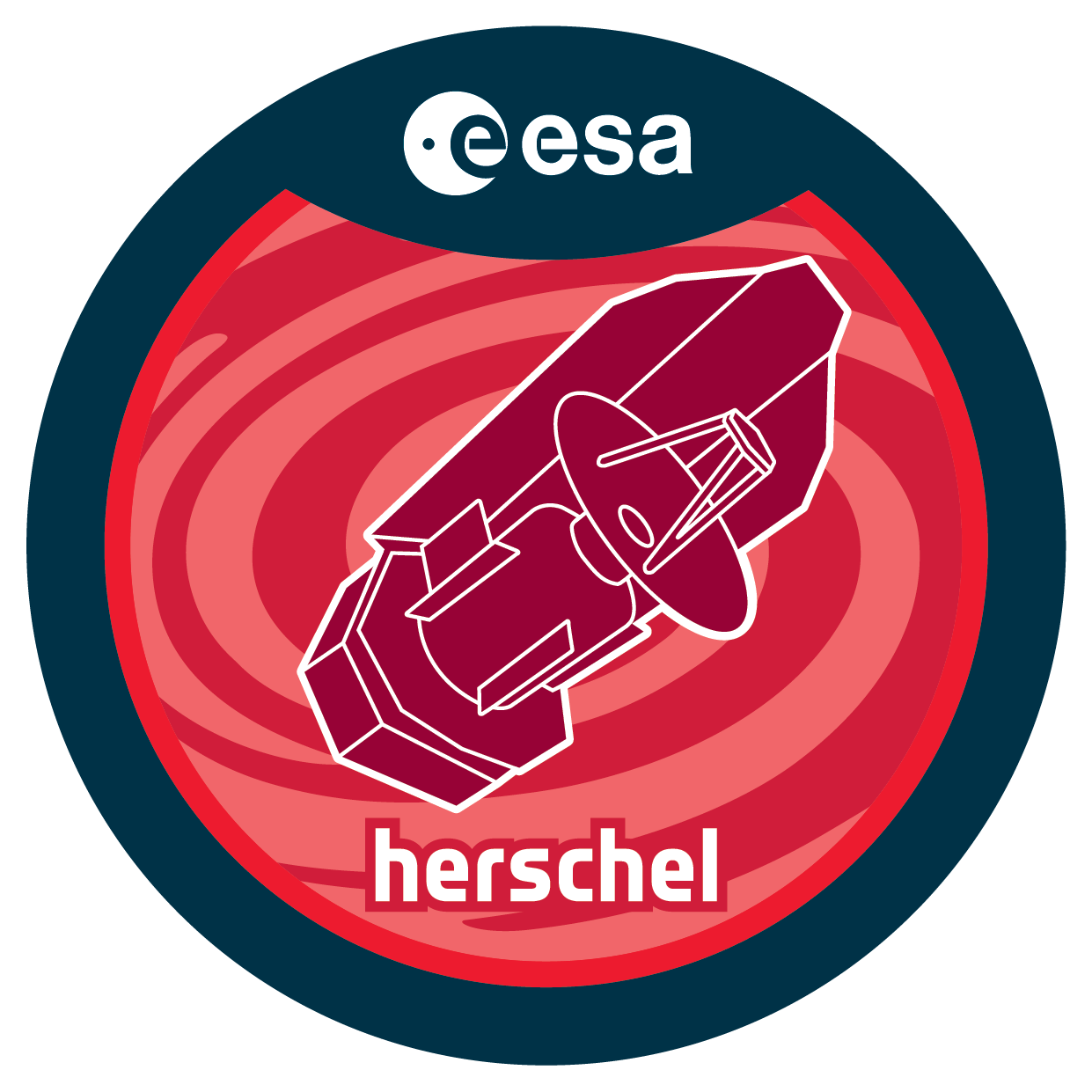

| Name | DDT_ckiss_3 |
| Title | The supercomet candidate 2013 AZ60 |
| URL | http://archives.esac.esa.int/hsa/whsa-tap-server/data?retrieval_type=OBSERVATION&observation_id=1342268974&instrument_name=PACS&product_level=LEVEL0&compress=true |
| DOI | https://doi.org/10.5270/esa-myho4jt |
| Author | kiss, c. |
| Description | We propose to observe 2013 AZ 60, a newly discovered object on a highly eccentric orbit. Scan-map observationswith the PACS photometer camera can unravel themain characteristics of the target including size, albedo and surface thermal properties. With these measurements we will be able to determine whether this object is an extinct comet or may rather be similar to 2012 DR30, a recently studied object an a similarly eccentric orbit that show surface properites more similar to that of main belt asteroids. As 2013 AZ60 has a likely origin in the Oort cloud butshows no cometary activity, with these measurements we have the rare opportunity to investigate an object from the least explored and furthest region of our Solar System. 2013 AZ60, as well as 2012 DR30, likely belong to a new class of large solar system objects (in the order of 100km in size) that could be potential sources or late representatives of the intrinsically brightest comets ever seen during human history. |
| Publication |
|
| Instrument | PACS_PacsPhoto_largeScan |
| Temporal Coverage | 2013-03-31T18:10:50Z/2013-04-01T01:05:31Z |
| Version | SPG v14.2.0 |
| Mission Description | Herschel was launched on 14 May 2009! It is the fourth cornerstone mission in the ESA science programme. With a 3.5 m Cassegrain telescope it is the largest space telescope ever launched. It is performing photometry and spectroscopy in approximately the 55-671 µm range, bridging the gap between earlier infrared space missions and groundbased facilities. |
| Creator Contact | https://support.cosmos.esa.int/h®erschel/ |
| Date Published | 2013-10-01T00:46:39Z |
| Last Update | 2025-01-24 |
| Keywords | Herschel, HSC, submillimetre, far-infrared, HIFI, PACS, SPIRE |
| Publisher And Registrant | European Space Agency |
| Credit Guidelines | European Space Agency, kiss et al., 2013, 'The supercomet candidate 2013 AZ60', SPG v14.2.0, European Space Agency, https://doi.org/10.5270/esa-myho4jt |